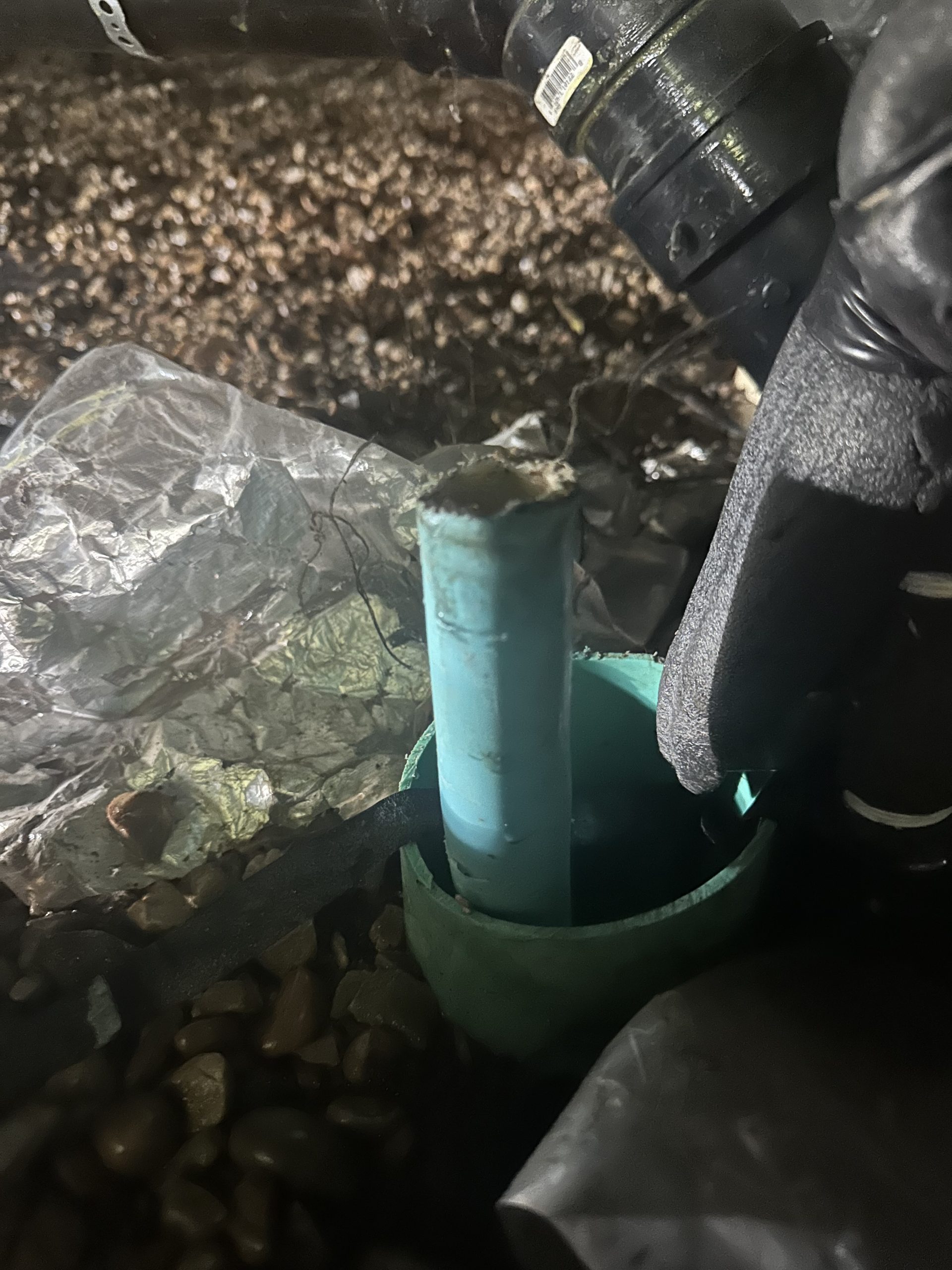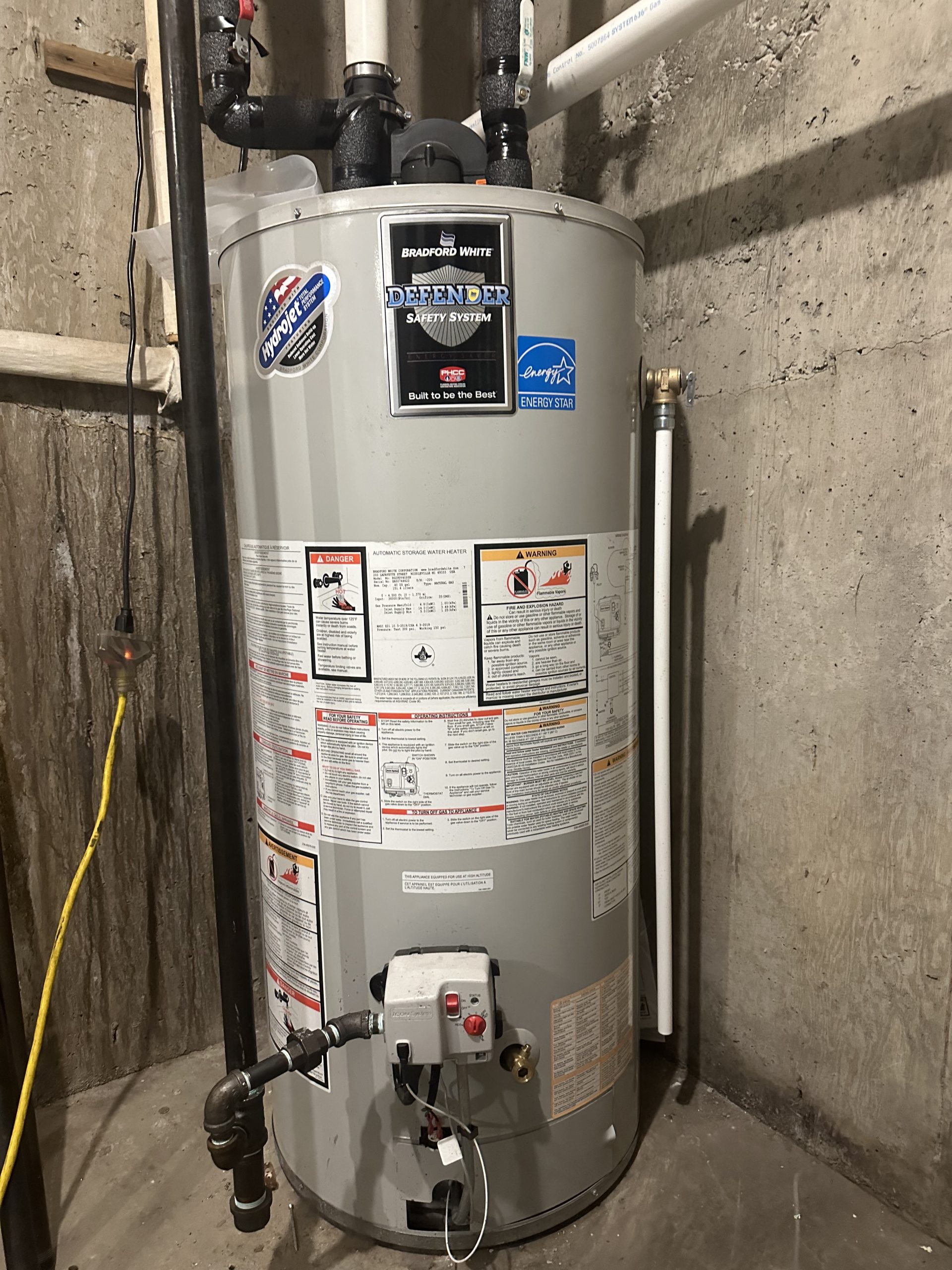“Kitchen Catastrophes: Common Emergencies and Their Solutions”
Introduction
In our bustling lives, the kitchen is often the heart of the home—a place where we prepare meals, share laughter, and create memories. However, it can also become the scene of unexpected disasters. When a cooking mishap turns into a kitchen catastrophe, knowing how to address common emergencies can save not only your meal but also your sanity. This article will explore various kitchen emergencies and provide effective solutions to tackle them head-on. From plumbing issues that require an Emergency Plumber to minor mishaps that could lead to major headaches, we’ve got you covered.
Kitchen Catastrophes: Common Emergencies and Their Solutions
Understanding Kitchen Emergencies
Understanding the different types of emergencies that can occur in the kitchen is crucial for effective prevention and management.
-
Plumbing Issues
-
Leaky faucets
-
Clogged drains
-
Broken garbage disposals

-
Cooking Mishaps
-
Burnt food
-
Kitchen fires
-
Overflowing pots
-
Food Safety Concerns
-
Spoiled ingredients
-
Cross-contamination
Each category presents unique challenges and solutions.
Plumbing Problems: The Role of Emergency Plumbing
Identifying Common Plumbing Issues
Plumbing problems often catch us off guard during our culinary adventures. Here’s a closer look:
-
Leaky Faucets
These annoying leaks can waste gallons of water over time. They usually arise from worn-out washers or O-rings. -
Clogged Drains
Food scraps, grease, and soap residue can accumulate in drains, causing slow drainage or complete blockages. -
Broken Garbage Disposals
A malfunctioning disposal can lead to unpleasant odors and backups in your sink.
Emergency Plumbing Solutions
When faced with plumbing challenges, an emergency plumbing service may be necessary. Here's how to handle some common scenarios:
-
For a leaky faucet:
-
Turn off the water supply.
-
Replace washers or O-rings.
-
For clogged drains:

-
Use a plunger or a drain snake.
-
If that fails, call an emergency plumber.
-
For broken garbage disposals:
-
Reset the unit by pressing the reset button.
-
If it doesn’t work, consult an emergency plumbing service for repairs.
Cooking Mishaps: Quick Fixes for Common Issues
Burnt Food: How to Salvage Your Meal
Accidents happen; maybe you got distracted while engrossed in a recipe video. If your dish is burnt:
- Assess the damage—can you salvage part of it?
- Remove burnt portions carefully.
- Add fresh herbs or spices to enhance flavor.
Kitchen Fires: Prevention and Response
Cooking is one of the leading causes of home fires. To prevent them:
- Never leave cooking unattended.
- Keep flammable materials away from heat sources.
If a fire occurs:
- Turn off the heat source immediately.
- Use baking soda or salt to extinguish small fires.
- For larger fires, evacuate and call emergency services.
Overflowing Pots: A Simple Solution
If you've ever been caught in a boiling mess:
- Quickly turn down the heat.
- Move the pot off the burner if possible.
- Clean up spills promptly to avoid stains.
Food Safety Concerns: Keeping Your Kitchen Safe
Spoiled Ingredients: Recognizing Signs of Spoilage
What do you do when you discover spoiled food? Look for these indicators:
- Off smells
- Discoloration
- Unusual textures
When in doubt, throw it out!
Cross-contamination: Understanding Risks and Prevention
Preventing cross-contamination is key to food safety:
- Always use separate cutting boards for raw meat and vegetables.
- Wash hands frequently during food preparation.
The Importance of Being Prepared
Creating an Emergency Kit for Your Kitchen
Preparation is key! Here are items you should have TMK Plumbing on hand:
| Item | Purpose | |--------------------------|------------------------------------------| | Fire extinguisher | To combat small fires | | First aid kit | For minor injuries | | Flashlight | In case of power outages | | Multi-tool | For various fixes |
Having these items easily accessible can make all the difference during an emergency.
FAQs
What should I do if my sink is clogged?
Start by using a plunger or drain snake; if those methods fail, consider calling an emergency plumber for assistance.
How can I prevent grease buildup in my drains?
Avoid pouring grease down your sink; instead, collect it in a container and dispose of it properly.
Is there any way to fix burnt food?
Yes! You can often salvage burnt food by removing charred sections and adding fresh seasonings to mask any remaining flavors.
What are signs that my garbage disposal needs repairs?
Common signs include unusual noises, bad odors, or failure to turn on completely—if so, consult an emergency plumbing expert.
How do I deal with cross-contamination while cooking?
Use separate utensils for raw meats and vegetables and wash hands frequently throughout meal preparation.
When should I call an emergency plumber?
You should contact an emergency plumber for severe leaks, overflowing toilets, or significant drain clogs that household remedies cannot fix.
Conclusion
Navigating kitchen catastrophes doesn’t have to be daunting! With knowledge about common emergencies—from plumbing issues requiring urgent attention from an emergency plumber to handling cooking mishaps—you're equipped with tools to tackle any situation efficiently. Remember that preparation goes hand-in-hand with action; having supplies ready ensures you're never caught off guard when disaster strikes in your kitchen!
Whether it's fixing leaks or salvaging meals gone wrong, every challenge offers a chance for learning—and perhaps even laughter amid chaos! So roll up those sleeves and dive into your culinary haven with confidence; armed with this guide on "Kitchen Catastrophes: Common Emergencies and Their Solutions,” you're ready for anything life throws at you in the kitchen!